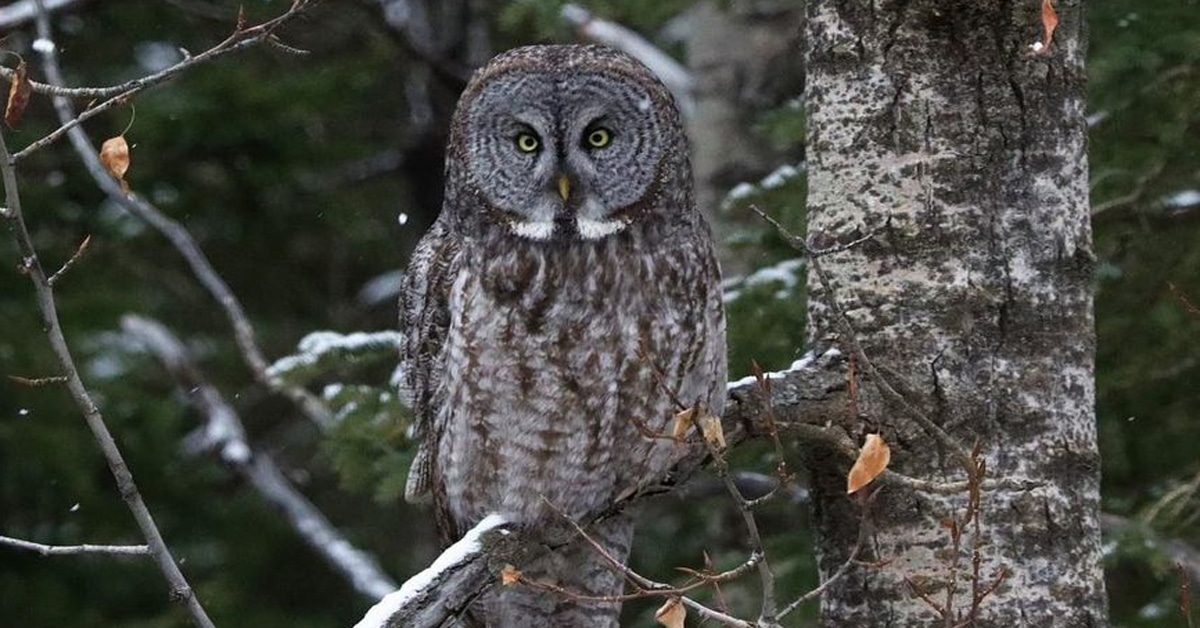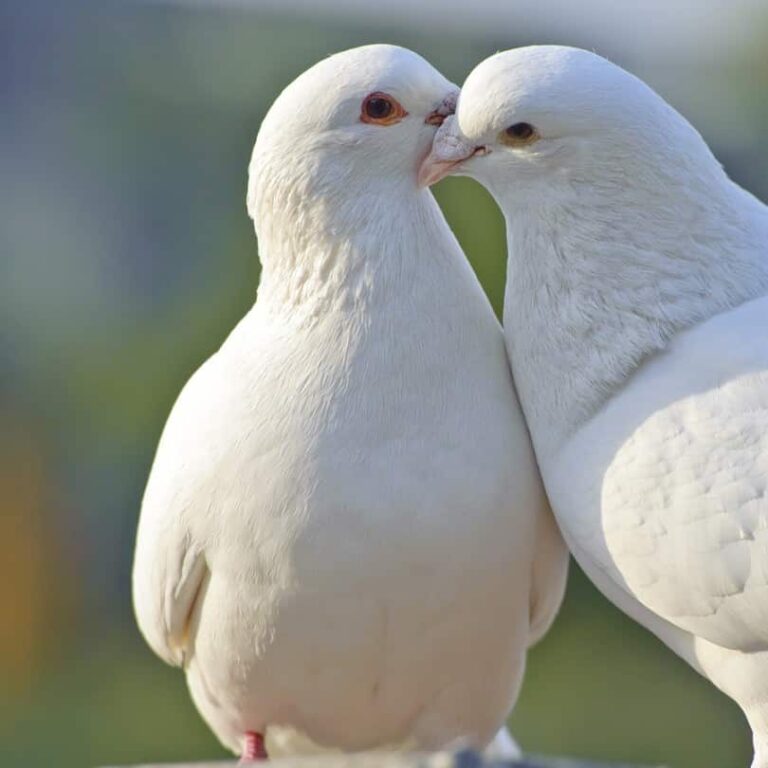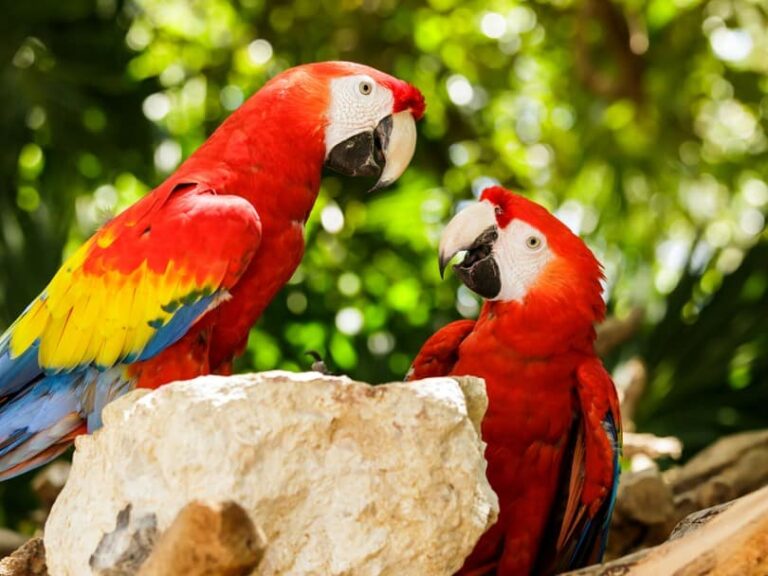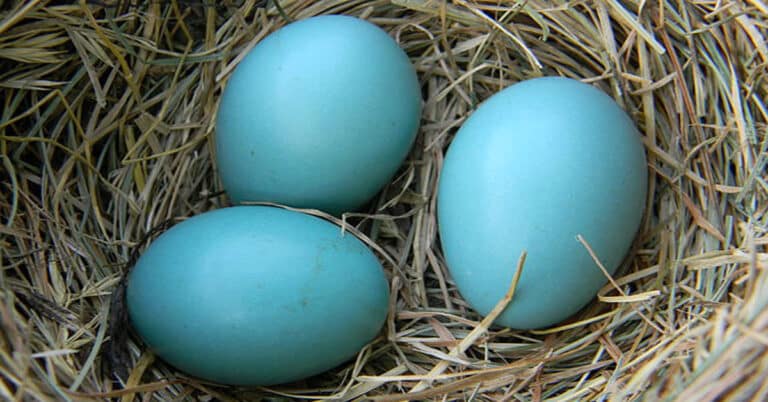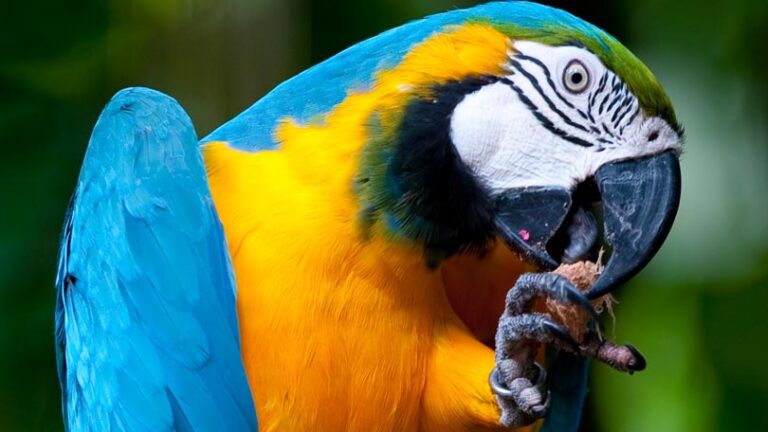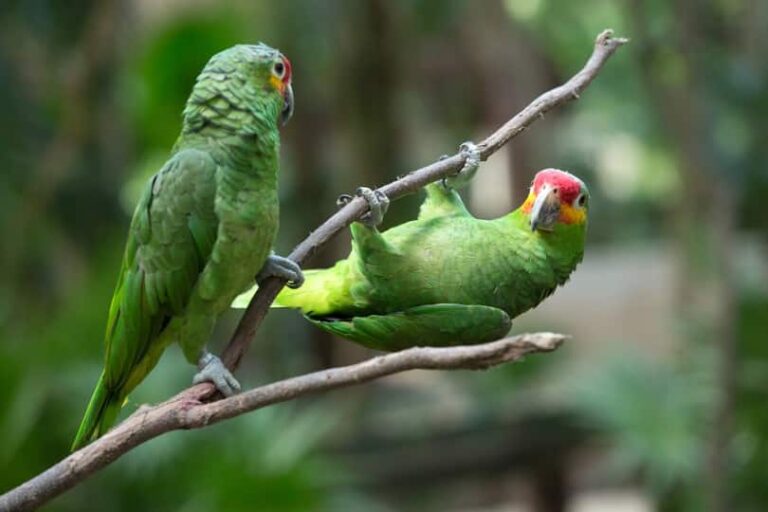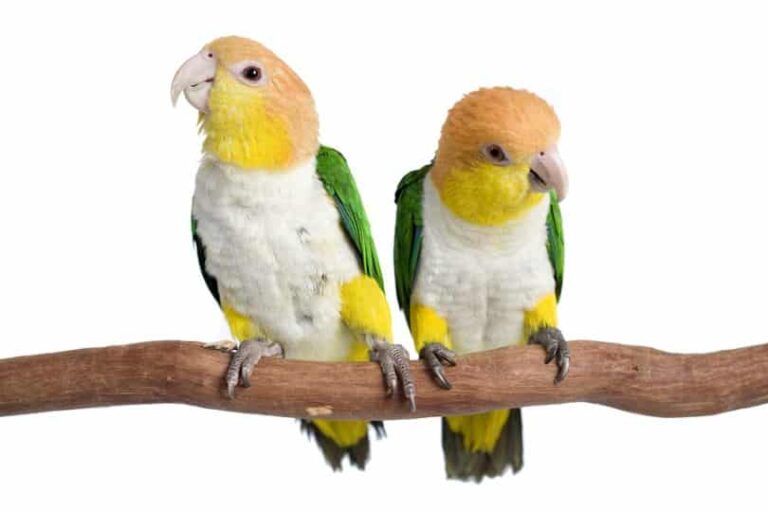How Long Do Owls Live? Everything You Need to Know About Owl Lifespan!
You might be too familiar with a beautiful creature of God “owls” – as you have seen them in Harry Potter as well, however, have you ever wondered “How long do owls live”? Do you want to know how long or short their lifespan is on average? Do you want to get an owl but don’t really know “how long owls live”? No worries. The guide provides you with comprehensive information about the lifecycle of an average owl.
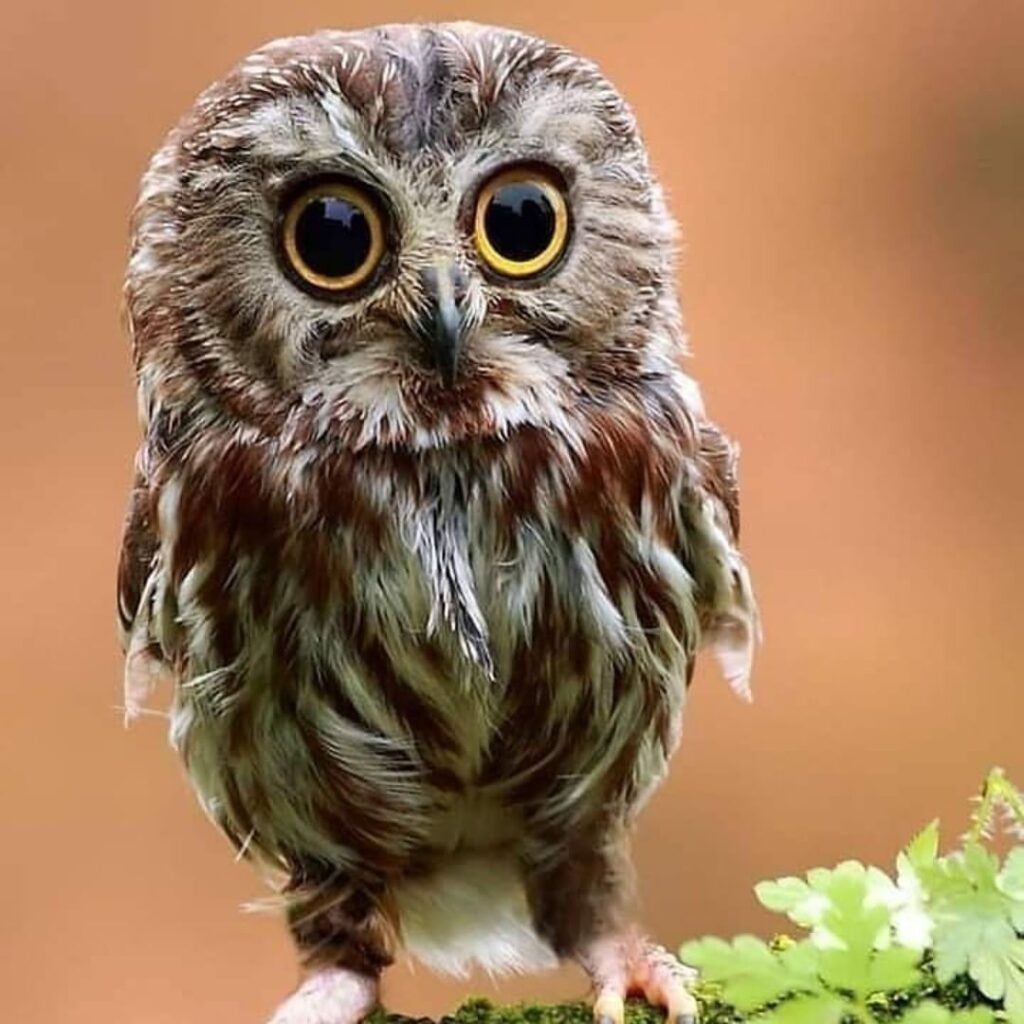
How Long Do Owls Live?
With over 250 species in the world, there is not a certain answer to the query that “how long do owls live”. Each specie might have its own limited lifespan depending on a wide array of factors including life pattern, habitat, eating behavior, size and natural predators.
Commonly known for their distinctive hoot and large eyes, owls are fascinating to look at. However, unfortunately, they don’t live too long. While most owls can survive over 25 years in captivity, the average life expectancy of an owl is around 10-12 years in the wild. In addition, some may be known to live for above 25 years as well. However, this typically depends on their life patterns, specie, and their living conditions.
In addition, the larger the owl in size, the longer the lifecycle – with Snowy owls around 20-27 inches, is one of the longest lifecycles. Whereas, Bran Owl approximately 14-16 inches in size, is the smaller species of an owl having a much shorter lifespan.
What Is the Lifespan of an Owl: How Long Do Owls Live?
When we talk about owls, their lifecycle, species and how long do owls live, the answers are surprising. Owls are one of the most interesting creatures with over 250 species making up the owl population as a whole. Based on an element of how they adapt to life, each species differed from the other. Studies have shown that owl species who reside in captivity or in an inside environment typically have a lifetime of more than 20 years. Whereas, owls who live in the wild generally live for around a decade. It is said that owls have a shorter lifespan however compared to other animals like dogs and cats, this beautiful creature has a long lifespan.
How Long Do Owls Live: Contributing Factors!
As we said earlier, owls are likely to live much longer than some other pets like cats and dogs. Numerous factors help give them a relatively long lifespan. These contributing factors are based on their biological and physiological functions, availability of food, the environment they live in, natural habitat, predators and more. The great horned owls are one of the very intimidating species as well as the third-largest owls in North America.
How Long Do Owls Live According to Their Species?
How long do owls live? Depending on the type or specie of an owl, the answer to this question varies. As stated, how long an owl would live entirely depends on a wide array of factors. However, the most crucial factors that come into play with an average owl’s lifecycle are:
- Owls in the wild
- Owls in captivity
Owls in The Wild
The average life period for an owl living in the wild might not be larger since they are not offered enough protection. In the wild, owls don’t usually survive for more than 3 years – or sometimes they from one year to the next even. However, it also depends on the type and size of an owl living in the wild. For instance, Snowy owls are known to be one of the longest living species. However, in the wild, they succeed to live only for a period of 9 to 20 years. Whereas in captivity, their lifespan might be longer than 25 years.
Owls in Captivity
Are you wondering “how long do owls live” in captivity? They live longer than ones who are in the wild since they are not exposed to various hazardous elements like disease, accidents, predators and more. In addition, owls living in captivity have enough food sources as well as protection that help increase their lifespan and livelihood.
| Owl Species | In the Wild | In Captivity | Oldest Recorded |
| Flammulated Owl | 7 years | None Indicated | 7 years and 1 month old |
| Boreal Owl | 10 years | 16 years | 8 years |
| Burrowing Owl | 9 years | 10 years | 9 years and 11 months |
| Barn Owl | 2-4 years | 20 years | 15 years and 5 months |
| Snowy Owl | 10+ years | 28 years | 23 years and 10 months |
| Spotted Owl | 15 years | 15+ years | 21 years |
| Barred Owl | 10+ years | 23 years | 24 years and 1 month |
| Western Screech Owl | 1-8 years | 19 years | 13 years |
| Eastern Screech Owl | 8-10 years | 13 years | 14 years and 6 months |
| Elf Owl | 5 years | 14 years | None Recorded |
| Short-eared Owl | 12 years | 15 years | 4 years and 4 months |
| Great Horned Owl | 13-15 years | 28+ years | 28 years |
| Great Gray Owl | 13 years | 27 years | 18 years and 9 months |
| Northern Hawk Owl | 10 years | 10 years | 5 years and 11 months |
| Long-eared Owl | 12 years | 10+ years | 12 years and 1 month |
| Northern Pygmy-Owl | 3 years | None Indicated | 3 years and 11 months |
| Northern Saw-whet Owl | 7 years | 16 years | 9 years and 5 months |
How Long Do Owls Live: Common Reasons for The Death of Owls!
With owls being no exception, how long a bird will live typically depends on the threats they face as they are out for their routine activities. A few common threats include fences, vehicular collisions, poison, and habitat loss.
For instance, the screech owl life period has a high mortality rate in the wild. However, surprisingly and unfortunately, about 70% of these creatures couldn’t make it to mature adulthood. Owls that live near roadways often face threats and risks of injuries usually from vehicular collisions.
In addition, other common factors for the death of these little beautiful creatures include disease and starvation. Many times in unseasonable weather, due to lack or unavailability of food sources owls have to suffer which directly affects their health and life. Likewise, parasites and diseases can also have greater devastating impacts on an owl population as a whole.
However, one of the biggest factors that might impact “how long do owls live” is human influence. Whether through human interference such as the use of harmful chemicals and pesticides or loss of habitat, humans are a crucial menace to their livelihood.
Why Do Some Owls Live Longer Than Others?
Some owls might make it to the 25 years whereas some may not able to survive more than 1 year. It all depends on how and where they live and what they eat. Here are a few factors that can add to or limit an owl’s life.
Nutrition
Owls being carnivores usually consume frogs, rabbits, snakes, and lizards. In addition, their diet is also comprised of small rodents like mice. Thus, owls normally eat other animals from large birds like Osprey to small insects such as beetles, moths and more. In addition, a few species of an owl might also eat fish such as Scotopelia, Ketupa and more found in Sub-Saharan Africa and Asia respectively.
An inadequate supply of food that is essential for their health is a major risk to their health and wellbeing. In many cases, it further leads to a shorter lifespan as well.
Environment and Conditions
“How long do owls live” or how long would be the lifecycle of an owl also depends on the certain environment that an average owl inhabits. Owls are considered sensitive to various atmospheres and surroundings as well as environmental toxins due to which they might serve as early indicators of a contaminated environment. In addition, the level of contamination from chemicals like pesticides also plays a vital role in “how long do owls live” as they have been shown to harm owl species.
Habitat
Owls of different species live typically in various habitats including deserts, forests, and even suburban areas. Some the owls nest in trees whereas others might use old animal burrows in the ground. Thus, one of the biggest threats to their life is habitat loss as it often leads to the premature death of an average owl. Resultantly, there is a decline in the overall population of an owl.
Size
“How long do owls live” is typically predicted by the size of owl species. In general, shorter owls tend to live only for 3 to years. However, owls that are larger in size are likely to enjoy the longest lifespan – about 25 years.
Summing It Up
Considered symbol of wisdom, owls face both longest and fairly shorter lifespans depending on several factors like habitat, environment, size and more. To help them live longer it is essential to provide them with an owl-friendly atmosphere avoiding the use of poisonous chemicals and substances.

Nato is a content writer and researcher with a background in psychology who’s eager to explore the wonders of nature. As a travel enthusiast and animal lover, she hopes to inspire others to discover and cherish the beauty and importance of the natural world.

